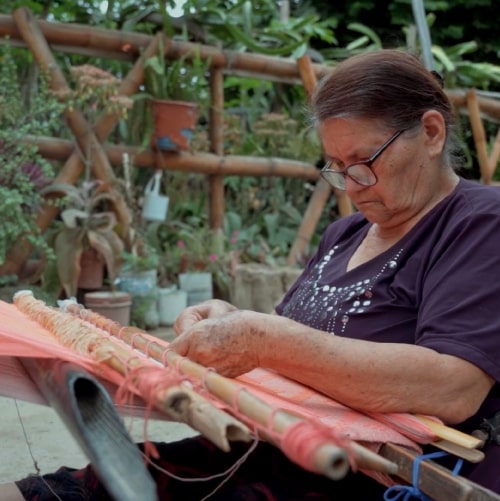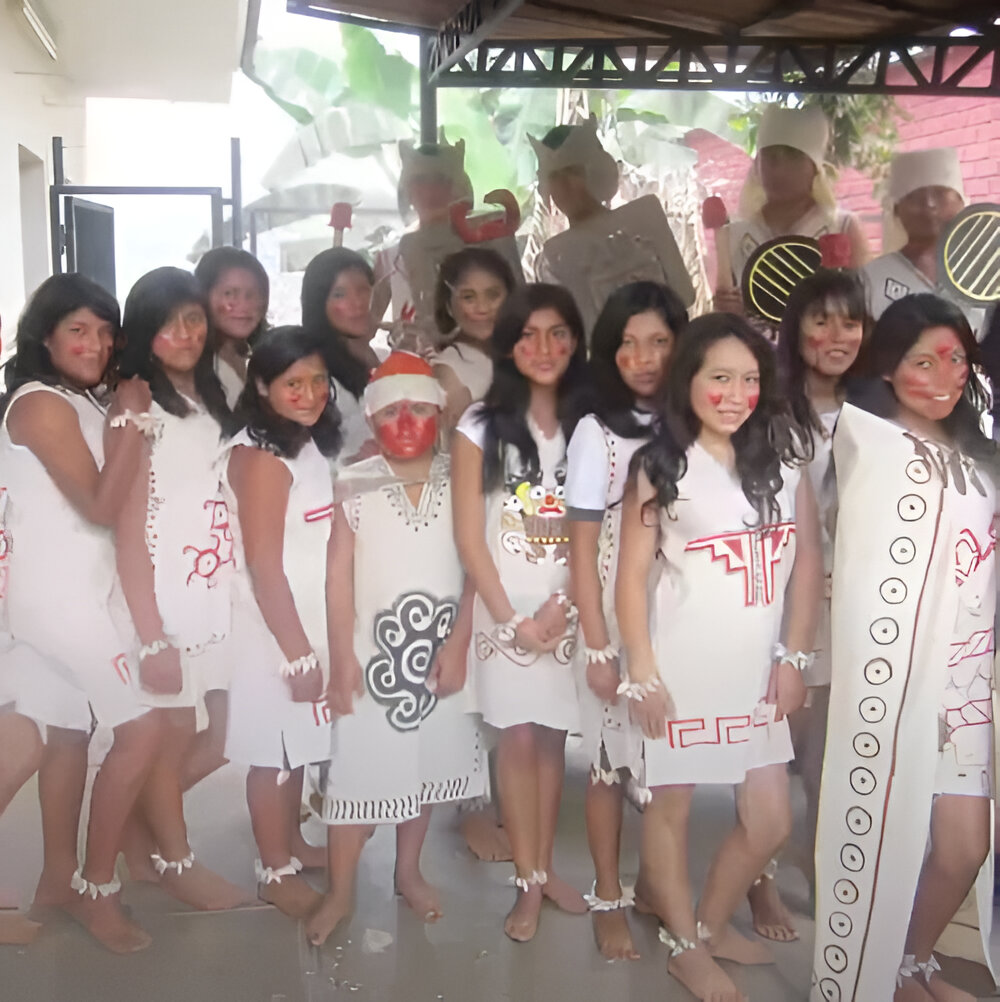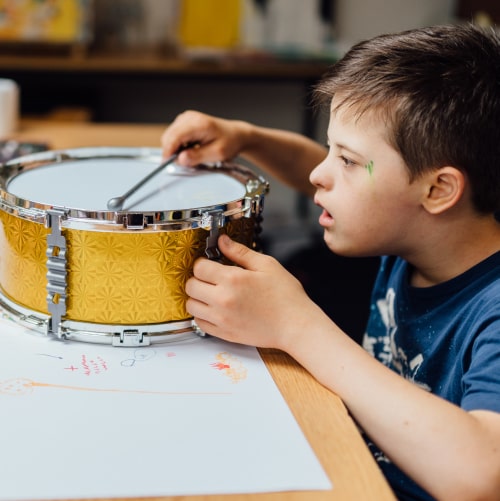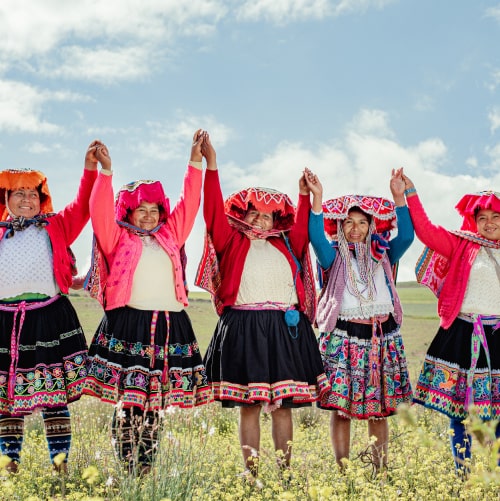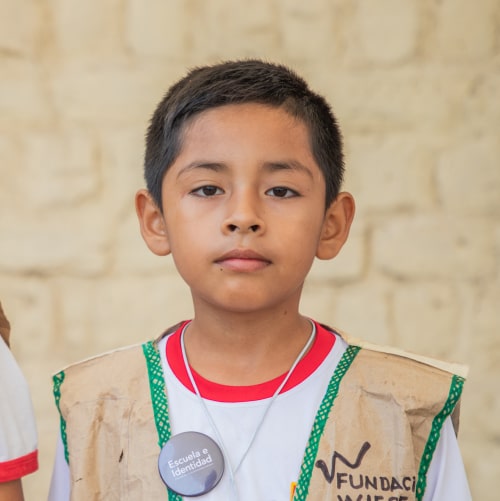Within the framework of the celebration of the bicentennial of Peru’s independence, the Ministry of Culture and UNESCO have created the Agreement for Culture by 2030, whose objective is to favor the exercise of cultural rights, as well as the protection of our heritage and the valuation of cultural diversity.
This initiative convened the participation of international organizations, aside from the private sector and civil society organizations, among which Wiese Foundation stands out, a nonprofit organization that was invited to be a part of this Agreement as a Founding Partner.
“We very much hope that this alliance will consolidate as a very productive platform for the co-creation, execution and documentation of projects and innovative initiatives of various natures, so that these experiences may contribute to dynamize the culture sector and to strengthen the historical consciousness and cultural identity of Peruvian citizens”, indicated Ingrid Claudet, General Manager of Wiese Foundation.
Wiese Foundation and the Agreement for Culture by 2030

Wiese Foundation has been working for more than 30 years on the preservation, research, valorization and dissemination of the national archaeological heritage. It also has cultural, educational, social innovation and humanitarian aid programs. Hence, it offers all of its experience to contribute to the Agreement for Culture by 2030.
To that effect, Wiese Foundation shall participate along two strategic lines:
- The creation of a framework that promotes public and private investment in the country’s cultural heritage for its valorization and social use.
- The updating, systematization and optimization of the information system of the archaeological heritage at the national, regional and local levels.
The commemoration of the Bicentennial of the Independence of Peru and the declaration of the International Decade of Indigenous Languages 2022-2032 mark the start of a process for thinking and putting into perspective the type of nation that we want to be facing the future, and the role of culture in the life of Peruvians.
Objectives of the Agreement for Culture by 2030
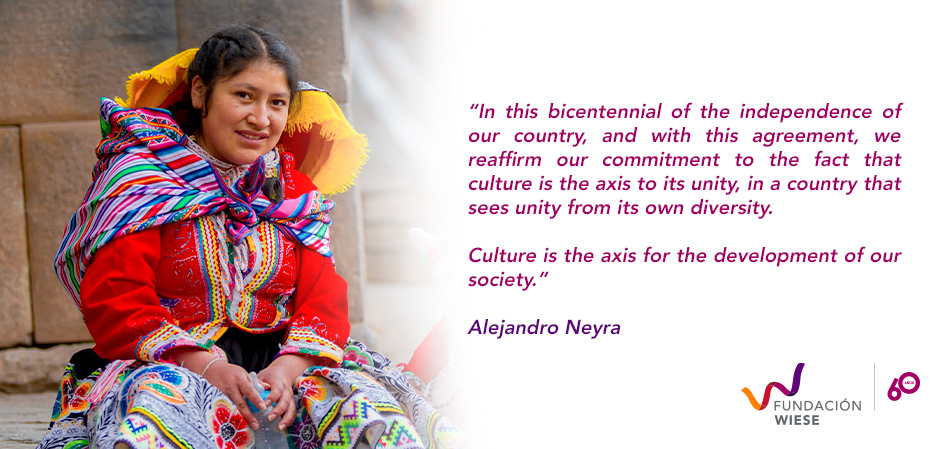
The Agreement for Culture by 2030 shall set the foundations for the sustainable recuperation of the Peruvian cultural sector and its positioning as an axis of development for the country, following these objectives:
- Strengthening the valuation of cultural diversity.
- Increasing the participation of the population in the artistic-cultural expressions.
- Strengthening the sustainable development of the arts and cultural and creative industries.
- Strengthening the valuation of the cultural heritage on the part of the population.
- Strengthening the protection and safeguard of the cultural heritage for its social use.
- Guaranteeing the sustainability of cultural governance.
“In this bicentennial of the independence of the country, and with this agreement, we reaffirm our commitment to the fact that culture is the axis to its unity, in a country that sees unity from its own diversity. Culture is the axis for the development of our society”, said the minister Alejandro Neyra. For her part, Ingrid Claudet,general manager of Wiese Foundation, ratified her commitment to continuing to collaborate and work jointly with the Ministry of Culture for the purpose of contributing to turning our unique cultural legacy into an axis of sustainable development for Peru.



